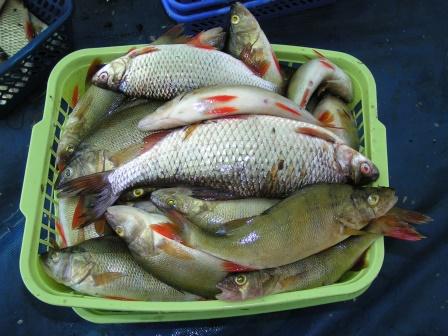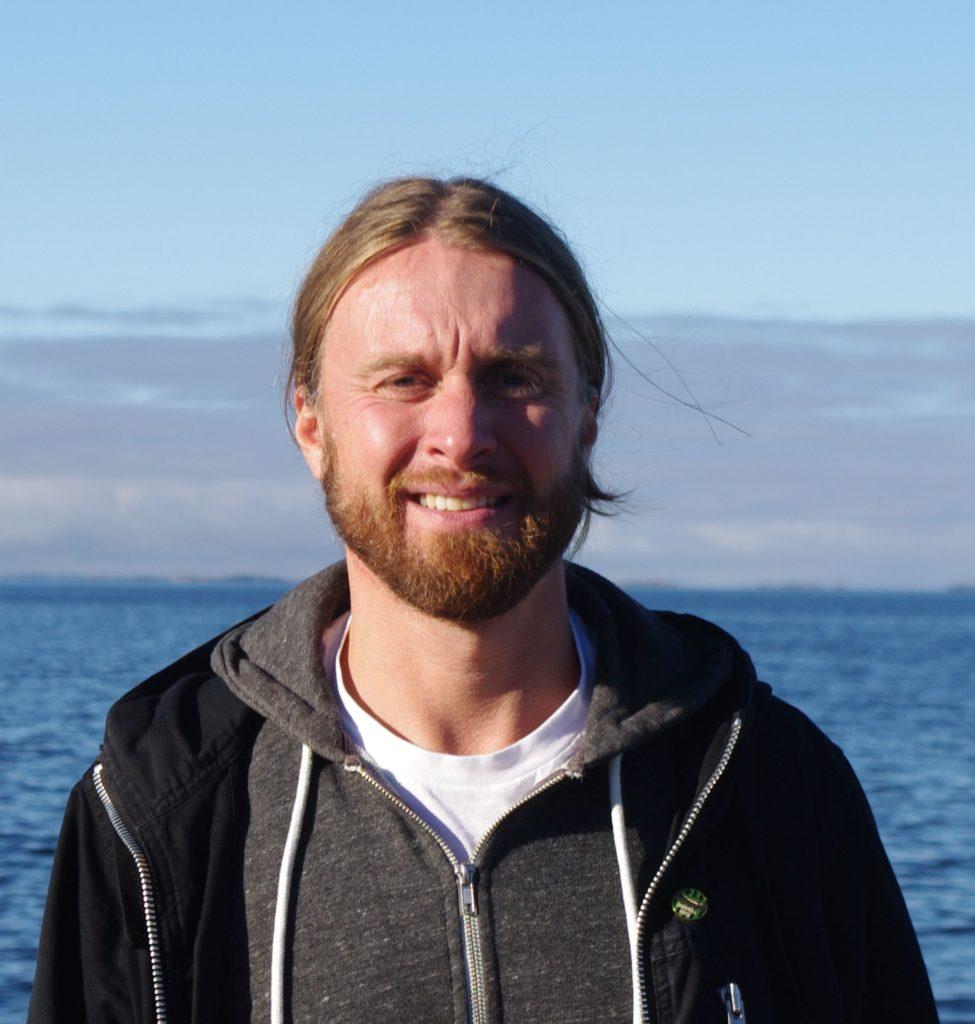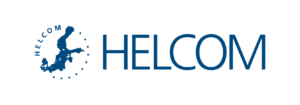FISH-PRO II
Project for Baltic-wide assessment of coastal fish communities in support of an ecosystem-based management (2013-2018)

Coastal fish communities are important components of the Baltic Sea ecosystems, and many species of coastal fish are also of a high socio-economic value for coastal societies, small scale coastal fisheries and recreational fishing. The status of coastal fish communities serves as an indicator of coastal ecosystem health, reflecting pressures like eutrophication, hazardous substances, fishing and degradation of coastal habitats. The structure of coastal fish communities is also dependent on the impact of climate change, and species of coastal fish might also modify other ecosystem components through ecological interactions. Given the dramatic changes in Baltic Sea ecosystems and coastal fish communities during the last decades, attention and focus should be devoted to this component of the ecosystem.
In the Baltic Sea Action Plan, the HELCOM Contracting Parties have agreed that coastal fish constitute an imperative part of the Baltic Sea total biodiversity and have a structuring role in coastal food webs. Furthermore, coastal fisheries are of great importance to society from both a socio-economic and a cultural point of view. The Contracting Parties furthermore acknowledge that a substantial part of the coastal fish community of the Baltic Sea consists of freshwater species, only managed at a national level.
The FISH-PRO II project is aimed to further develop the assessment and monitoring methodologies and to support ecosystem-based management of coastal fish communities.
Project objectives
The objectives of HELCOM FISH-PRO II are:
- Knowledge: to update and improve knowledge about occurrence, distribution, population and threat and/or decline of coastal fish based on all relevant data.
- Assessment and monitoring: to further develop different assessment and monitoring methodologies for coastal fish, including indicators with targets and reference values.
- Recommendations: provide advice to national authorities and ongoing HELCOM work on implementation of coastal fish related actions in the BSAP and MSFD.
Expected results
HELCOM acknowledges the EC competence on commercial fisheries. The project will provide added value in relation to activities carried out within the EU framework. The outcomes of the project are expected to not only benefit and contribute to the work within HELCOM, but also to various international frameworks and activities carried out at the national level.
The project is expected to deliver the following products/outcomes:
- Further harmonize and develop monitoring strategies for coastal fish in the Baltic.
- Evaluate the use of alternative data sources besides gill-net monitoring for assessing coastal fish community status, as for example commercial catch statistics.
- Further enhance the spatial coverage of coastal fish monitoring in the Baltic, by including additional monitoring programs and Contracting Parties that have not previously been engaged in the network.
- Regularly update the BSEFs for core indicators and continue to develop core indicators for coastal fish in line with the BSAP and MSFD frameworks, including development of assessment methodologies and indicators as well as elaborate methods for defining GES boundaries and reference levels.
- Participate in the core indicator gap analysis in CORESET.
- Update the BSEFs for HELCOM coastal fish monitoring areas.
- Update the HELCOM COMBINE manual with regards to coastal fish monitoring when needed.
- Provide input on fish and lamprey species to relevant HELCOM projects and expert groups, as the HELCOM Red List, HELCOM MORE, HELCOM SEAL and HELCOM CORMORANT upon request.
- Provide expert proposals for restoration programmes and measures for the most threatened and/or declining coastal fish species upon request.
For more information, please contact:

Jens Olsson
Project Manager
Swedish University of Agricultural Sciences
Department of Aquatic Resources (SLU-Aqua)
Institute of Coastal Research
Sweden
jens.olsson@slu.se
Tel: +46 104784144

